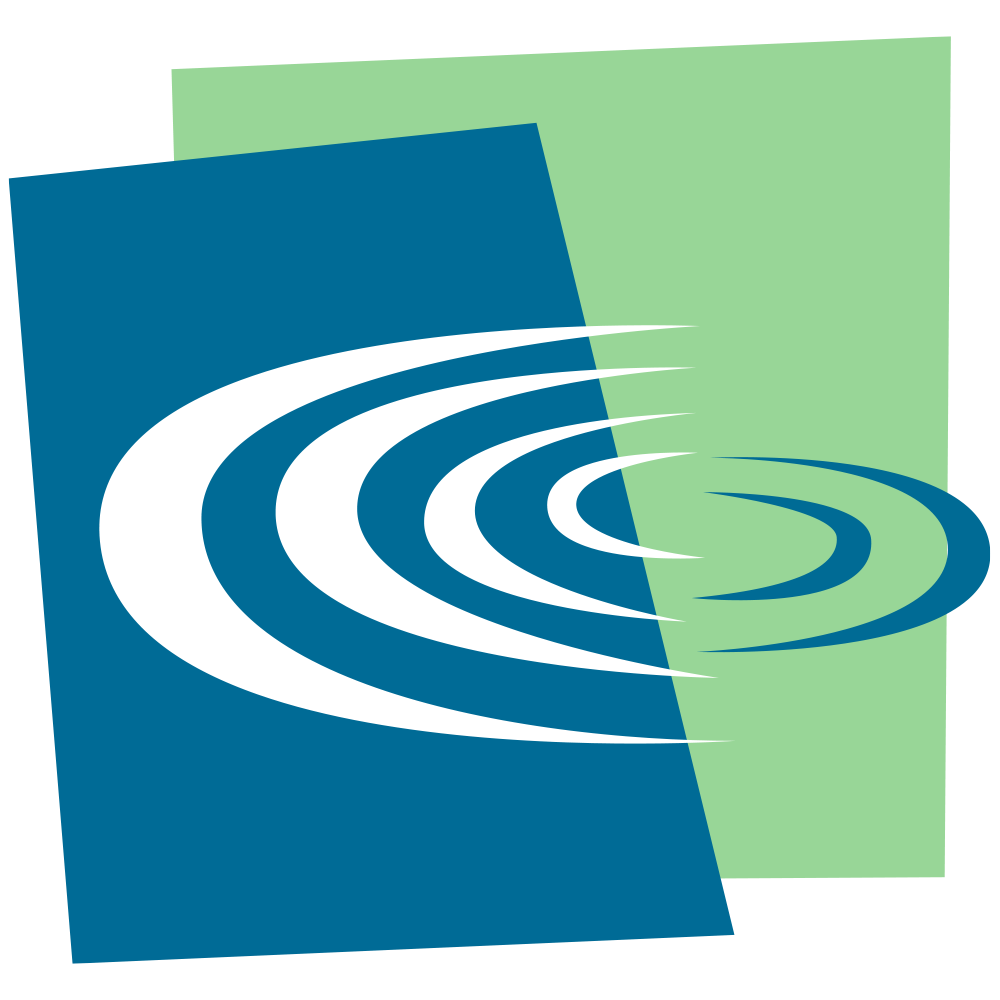U.S. Congress
- Support Legislation for Dedicated Federal Grant Funding for Water Efficiency – AWE will support and promote efforts in Congress to provide dedicated grant funding for water efficiency. Recent legislation that AWE has supported include: Water Advanced Technologies for Efficient Resource Use Act of 2023, the Water Efficiency, Conservation, and Sustainability Act of 2023, and the Water Infrastructure Sustainability and Efficiency (WISE) Act of 2023.
- Advocate for the Water Conservation Rebate Tax Parity Act – AWE will advocate and seek broad support for this act, which would make water conservation rebates tax-free. Under most rebate program structures, building and property owners are currently taxed on rebates for making water-saving investments. This tax issue increases costs and discourages water efficiency improvements. The act would result in the federal government treating water conservation rebates the same as energy conservation rebates, which were exempted from federal taxation in 1992.
- Develop Partnerships and Concepts for Water Efficiency Tax Credits and Deductions Legislation – There are long-term federal tax credits and deductions available for energy efficiency (such as the Residential Energy Efficiency Tax Credit, the Tax Credit for Energy Efficient New Homes, and the Commercial Buildings Energy-Efficiency Tax Deduction). It is time to expand these to include water efficiency. Staff will engage potential partners in discussion about how this might be accomplished and then develop concepts for legislation providing federal tax incentives for water efficiency.
- Affordability and Efficiency for Low-Income Households. AWE will support and promote efforts to establish a permanent low-income household water assistance program and explore options to incorporate water efficiency as an additional means to reduce water and sewer bills for these customers. Specifically, AWE supports the Low-Income Household Water Assistance Program (LIHWAP) Establishment Act.
Executive Branch
- Support DOE Standards for Products that Use Water and Energy – The Department of Energy has been working to develop revised efficiency standards for residential clothes washers and dishwashers and may consider additional standard revisions in 2024. AWE will continue to support DOE’s efforts in collaboration with other efficiency advocates by monitoring DOE developments and providing comments throughout the rulemaking process. AWE will also collaborate with efficiency partners to head off potential Congressional interference or other legal challenges to these standards through education and consensus building.
- Advocate for more efficient Products through WaterSense – AWE is working with its members to review and provide comments on WaterSense specifications for water-efficient products. Currently, WaterSense is working on specifications for point-of-use reverse osmosis filtration systems, sprinkler nozzles for landscape irrigation, and tank-type toilets. In the near future, WaterSense may begin the formal process to develop specifications for in-home leak detection devices and revise its specification for faucets.
State Legislatures
- Non-Functional Turf and Outdoor Efficiency Legislation – AWE is monitoring and sharing information with its members on the various state legislative efforts to require or encourage replacing non-functional turf with drought and climate resilient landscaping.
- Point-of-Sale Requirements for Water Efficient Products – AWE is working in collaboration with the Appliance Standards Awareness Project to promote and support state point-of-sale requirements for water efficient products such as toilets, showerheads, faucets, and certain landscape irrigation equipment. AWE’s emphasis is on Colorado River Basin states that have yet to adopt requirements.
- Utility Water Loss Control – AWE is monitoring and promoting state legislation that would require utilities to use the AWWA approach to audit their distribution systems and develop water loss control plans to reduce real water losses.
- Member Priorities – AWE is available and willing to support its members with their water efficiency policy priorities as they arise. Please reach out to us with your ideas.


